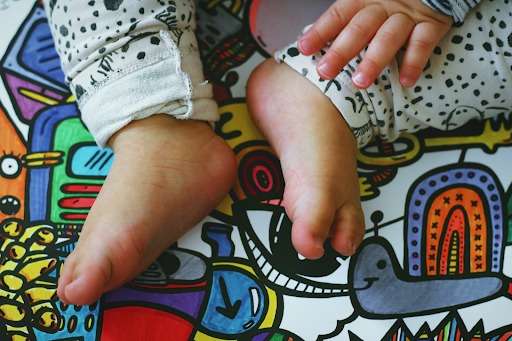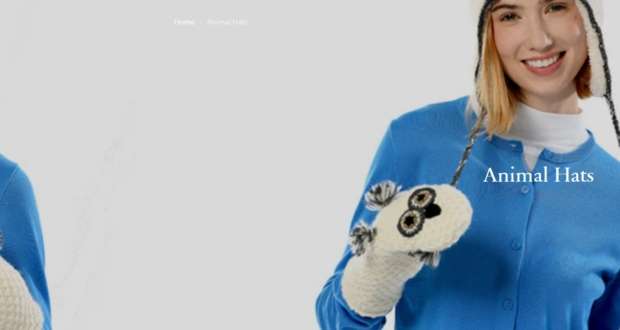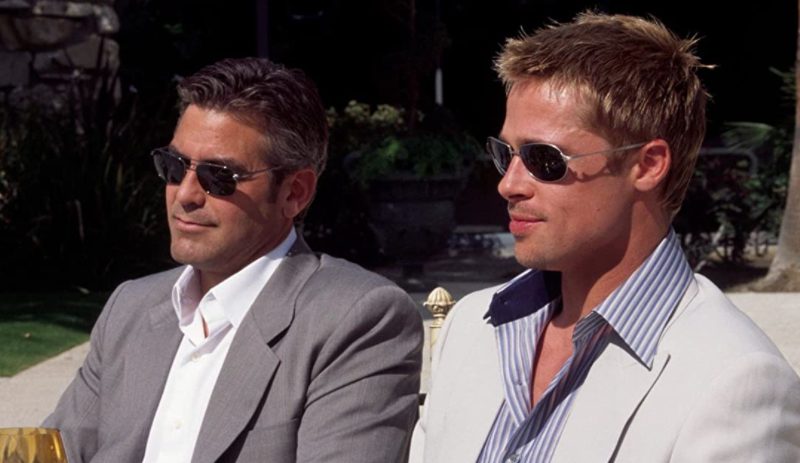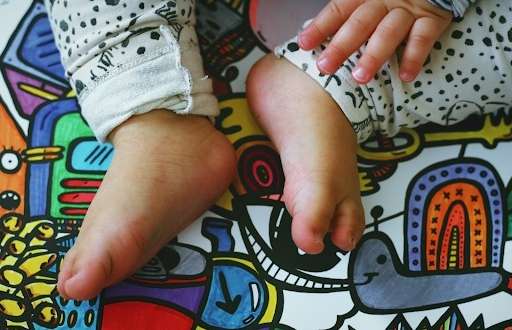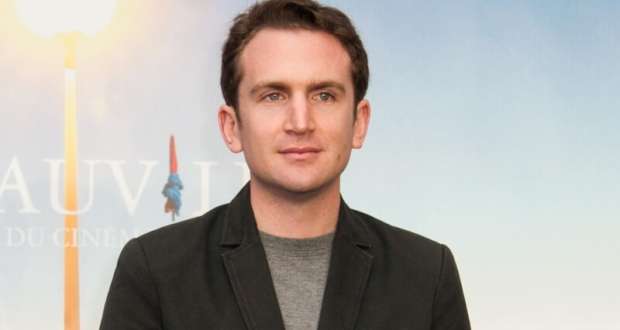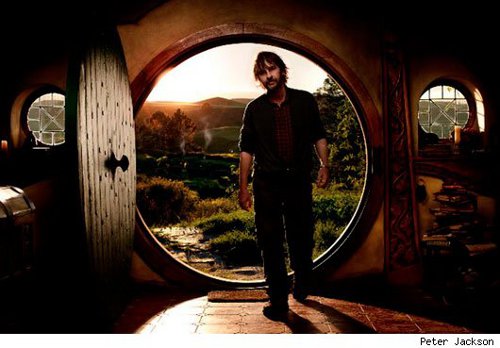The journey begins with a selection, not of nursery colors or names but perhaps of height, IQ, or even eye color. It is no longer science fiction. Genes are rewritten in closed-off rooms like computer code. The term ‘designer babies’ is now more than clickbait and is at the heart of a debate about medicine, ethics, and human fascination.
The Line Between Therapy and Enhancement
A family wants to eradicate a gene mutation, absolutely. But the next wants their child to be taller and sharper, perhaps more athletic too. Instead of medicine, it starts to feel like predicting who would succeed at betting on football matches, judging by the football betting odds, and that is where the ethical landscape begins to shift. Healing is still “betting” on a child’s future merits, touching the sensitive subjects of privilege, control, and who gets to decide what’s “better” when the conversation shifts from health.
One family’s therapy may seem like another family’s perspective-boosting treatment. Is correcting poor vision any different from improving it to a superhuman? And that’s disturbing. There’s no set of rules, just endless decisions oscillating between medical necessity and genetic ambition.
Access and Social Inequality
Let’s face it: Not everyone can afford the “designer baby” technology. Barriers:
- Geographical access: The best clinics are mostly in rich countries.
- Generational disparity: Children born with upgrades could grow exponentially smarter and much stronger than others, creating a larger divide.
- Cultural exclusion: Some communities could be left behind due to their values, beliefs, or cultural traditions.
These are not only health concerns; they are shifting the very fabric of how society functions.
Defining the Ethical Framework
It’s not just about the genetic code and medical files. Ethnic populations across the globe are already creating the future, some of it is pretty unexpected. In some cases, that’s through technology forums, like in Melbet Instagram India, where sports discussions regarding performance, discipline, routines, and so on ignite instantly. Long before most of us start arguing over enhancements or accessibility, a more fundamental issue must be resolved first: what are the guiding principles behind the social order, and who is the author of those principles?
Who Decides What’s “Desirable”?
The clinical jargon used in offering services includes embryo optimization, trait selection, risk indication, and many more. In reality, the above terms aim to select traits that will be rendered during an offspring’s birth. Behind all these decisions lies an assumption that every individual perceives, which includes, but is not limited to, the idea that being tall is better, or pretty blue eyes, and being neurodivergent as a problem to be resolved.
This is the trap: we no longer discuss health when trends or social prejudices shape desirability. Instead, we construct a minimal image of a successful human being. Ultimately, what used to set us apart, quirky, brilliant, and unpredictable, gets edited out before it ever gets the chance to exist.
Legal and Global Differences
There are no concrete universal laws regarding this issue. In the U.K., laws about gene editing are strict, allowing only particular conditions to be treated. In China, those boundaries have already been breached with human embryo experiments. The U.S. is even more fragmented; differences within states depend on the institution doing the work and its funding sources.
Because of that, parents barred from one country may well hop on a plane to another. This is termed ethical tourism. A child born under one nation’s mandates could grow up in another that considers their existence controversial. In that mix of boundaries, clashing values converge, and the child ends up caught in the middle of a global ethical tug-of-war.
Potential Psychological Effects
Now imagine you’re only twelve, and you happen to eavesdrop on a discussion between your parents where they nonchalantly declare that your memory “upgraded” at some point in the past. In essence, you did not earn your wit. Instead, it was bestowed on you. That in and of itself is enough to unravel a child’s sense of identity.
Then there’s the other side kids who are not modified. Such children could grow to develop a sense of inferiority before even hitting their teenage years. Imagine the classroom division not just by biological sex or age, but also by achievement. This is not theoretical emotional devastation it’s the reality that children face whenever they wonder if they are enough, or a mere comparison, from a glance, where they are pitted against a world coded to perfection, with them rendered obsolete.
A Future Balanced Between Progress and Responsibility
The past few years have seen considerable strides in science and tech, meaning we are entirely on board with evolving-centric digital solutions. However, the steering wheel is still up for grabs. Mind you, it’s not about stifling progress; it’s about pausing and contemplating what is to be edited when we transcend humanity’s limits.
